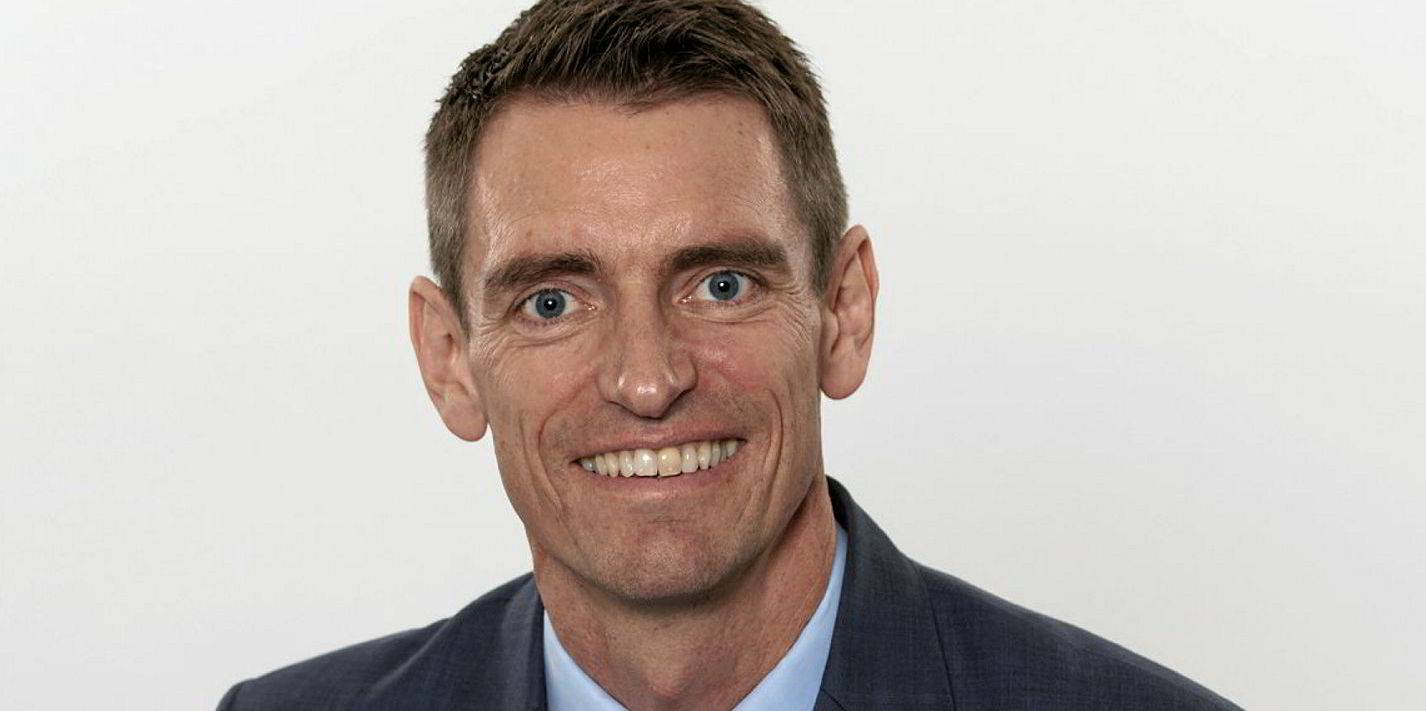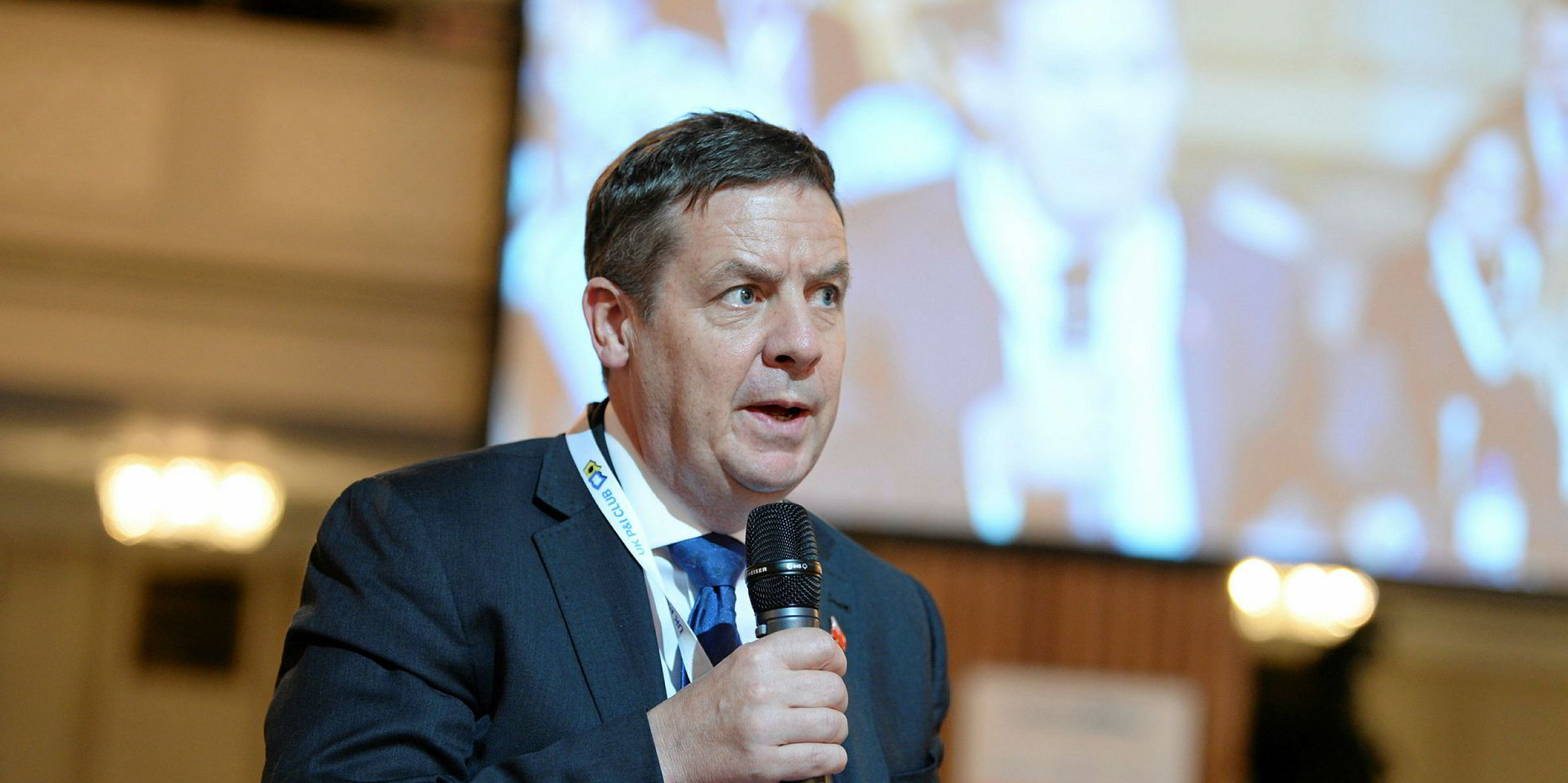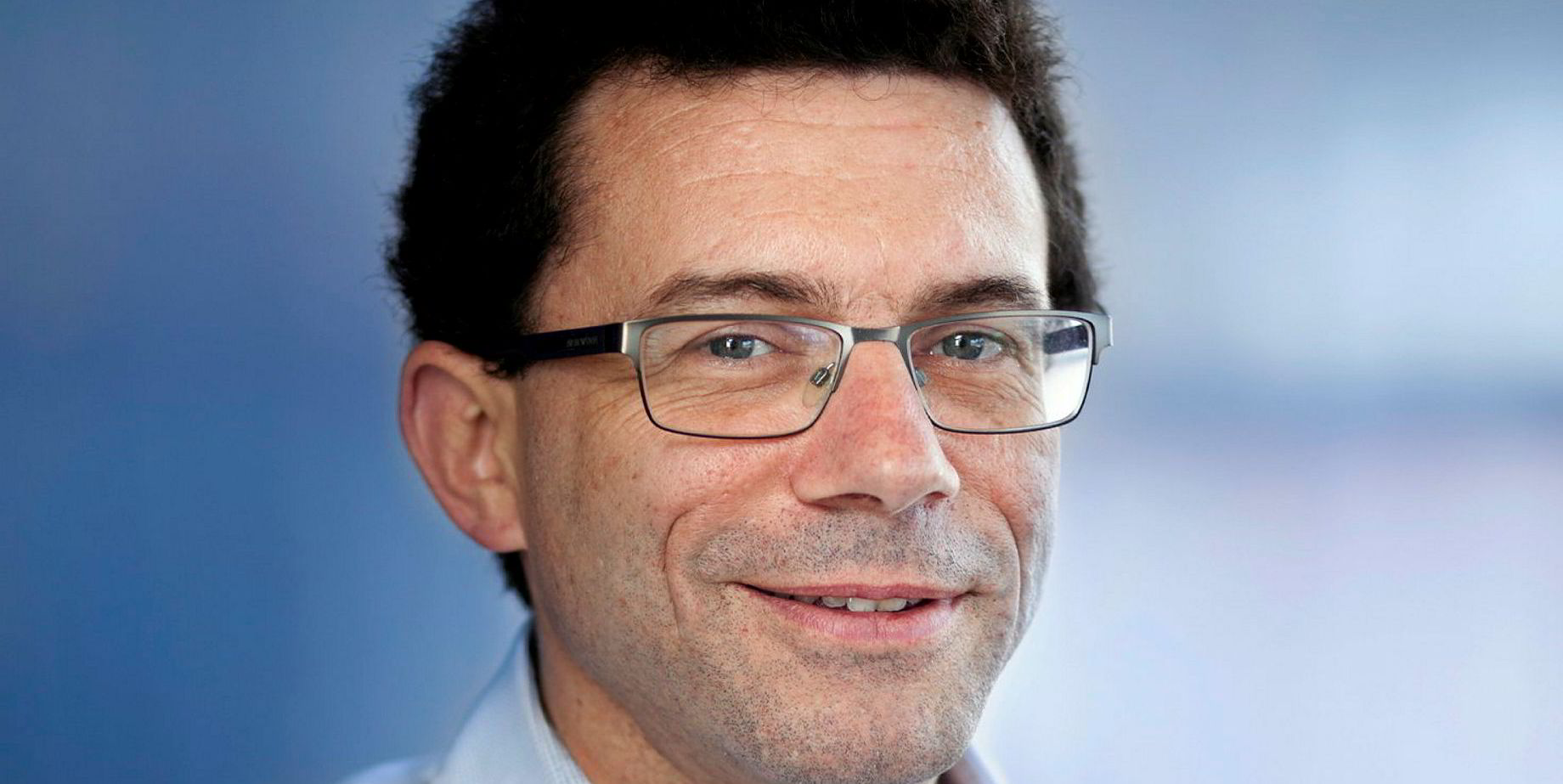Trafigura has thrown its weight behind the industry drive to reduce greenhouse gas (GHG) emissions by adding a fuel-efficiency clause to charter terms and supporting slow-steaming.
As discussions over GHG-reduction strategies begin to enter a more advanced phase at the IMO, the Switzerland-based trading and chartering giant hopes those initiatives can help improve logistics efficiency and optimise fleet operation, eventually leading to lower emissions.
Recording and reducing our GHG emissions from shipping is of growing importance for Trafigura
Rasmus Bach Nielsen
“Recording and reducing our GHG emissions from shipping is of growing importance for Trafigura,” Rasmus Bach Nielsen, the company’s head of wet freight shipping, told TradeWinds.
Better decision-making
“As part of this, we are adding a clause to our standard terms and conditions with shipowners, requiring information that will allow us to track how much fuel is consumed per metric tonne of cargo loaded while transporting Trafigura-controlled cargoes.
“This will enable better decision-making on which ships to charter.”
TradeWinds understands the new clause will apply to all tankers and bulkers that Trafigura charters.
Members of the IMO have agreed to reduce carbon intensity by 40% before 2030 and cut total annual GHG emissions by 50% before 2050, using the 2008 emission levels as the baseline.
Calls for swifter action
While the IMO plans to usher in reduction measures by 2023, many industry players are calling for expediting the process in the fight against climate change. More than 100 shipowners and nine environmental groups have shown support for slow-steaming, partly because the measure can be quick and easy to implement.
While recognising there are significant challenges in enforcing rules related to slow-steaming, Bach Nielsen said Trafigura would support the strategy as it is the best way to reduce CO2 emissions immediately.
“Trafigura is supportive of a prompt implementation — within six to 18 months — of a slow-steaming policy as this would have an immediate impact on reducing GHG emissions,” Bach Nielsen said.
“This is required, as hybrid fuels or battery technology still seems to be far away for use in tankers where the future load and discharge ports often are unknown.”
Heated debate
Having held some discussions over GHG-reduction measures in mid-May, the IMO could see some key decisions made at the next Maritime Environment Protection Committee meeting in October.
However, whether slow-steaming should be adopted remains up for debate — and, if it is adopted, the scale of any measure chosen remains unclear.
Without setting hard caps for vessel sailing speeds, the International Chamber of Shipping has called for existing Ship Energy Efficiency Management Plans to be subject to mandatory external audits, probably as part of the International Safety Management Code.
Some proposals from member nations, including Japan, require older, less energy-efficient vessels to slow down while allowing more efficient vessels to sail at conventional speeds.
The owners and their vessels are servicing the oil industry and not the other way around
Panos Gliatis
France and Greece have proposed for mandatory speed limits. The ICS, which participated in the earlier talks, said most IMO members are against such restrictions.
China, India, the US and many South American countries are worried that mandatory slow-steaming would reduce the efficiency of maritime transport while curbing the adoption of new CO2 reduction technologies, according to ICS chief executive Guy Platten.
Artificially cutting capacity
Panos Gliatis, chartering manager of Nidas Shipping Service, warned that slow-steaming would push up freight rates by artificially cutting shipping capacity in the short term while failing to reduce emissions in the long term.
“The owners and their vessels are servicing the oil industry and not the other way around,” said Gliatis, whose company is the shipping arm of Nigerian National Petroleum Corp.
Even with slow-steaming, Gliatis said: “Oil companies will still have to find more ships in order to carry their oil and satisfy demand for it.”
More ships means more emissions, so Gliatis asked: “Did anybody take into account these extra emissions?”






